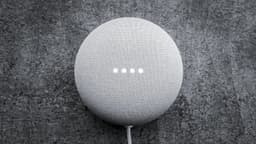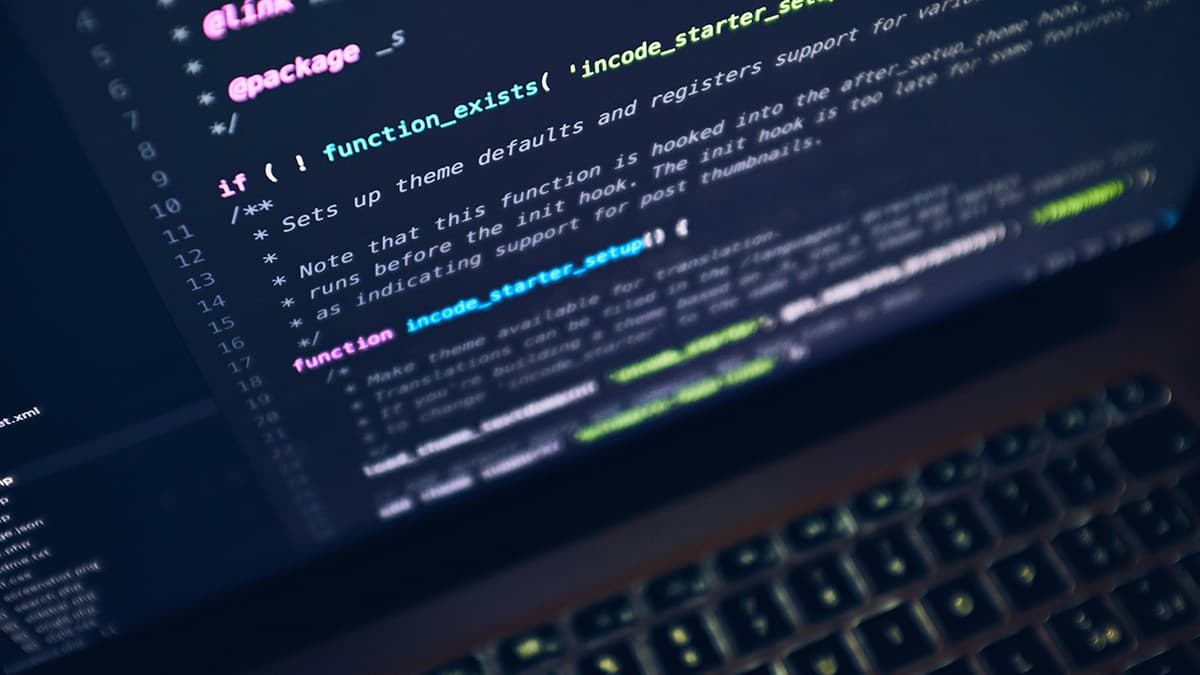Does My Own Hotspot Work on My Phone or Just Other People's Phones?
Have you ever wondered if your personal hotspot works on your own phone or only on other devices? This common question can be confusing for those new to mobile hotspots. Let’s clarify this topic.
Understanding Mobile Hotspots
A mobile hotspot is a feature on your smartphone that allows it to function as a portable Wi-Fi router. It uses your cellular data to provide an internet connection to other devices like laptops, tablets, and smartphones. This feature is helpful in areas without traditional Wi-Fi access.
Can Your Own Hotspot Work on Your Phone?
Yes, your mobile hotspot can work on your phone! Here’s how it operates:
-
Activation and Setup: To turn on the hotspot feature, go to your phone’s settings and find options under "Network" or "Connections." Look for "Mobile Hotspot" or "Personal Hotspot." Once activated, you can set up your hotspot by naming it and creating a password.
-
Connecting Your Phone: To connect your phone to its own hotspot, you typically need to turn off the mobile data and then connect to the hotspot network you just created. This creates a loopback situation where your phone’s hotspot provides the connection it will use.
-
Practical Use: While it’s technically possible, using your own hotspot may not be practical due to potential performance issues and the consumption of your own data. Yet, it can be useful for connecting multiple devices while conserving battery life.
Sharing Your Hotspot with Other Devices
A mobile hotspot primarily allows you to share your internet connection with other devices:
-
Connecting Multiple Devices: Your hotspot can connect multiple devices simultaneously, such as laptops, tablets, or friends' phones. The number of devices supported depends on your phone model and carrier limits, but generally, most smartphones can handle 5 to 10 devices.
-
Data Usage: Be aware of your data consumption when sharing your hotspot. More connected devices mean more data usage, which can quickly deplete your mobile data plan.
-
Security: Secure your hotspot with a strong password to prevent unauthorized access. Most phones allow you to set a WPA2 password for protection.
Use Cases for Your Hotspot
Your mobile hotspot can be useful in various scenarios:
-
Traveling: Whether on a train, bus, or plane, having a mobile hotspot keeps you connected. You can stream movies, check emails, or work remotely without relying on public Wi-Fi.
-
Outdoor Adventures: If hiking or camping in areas without internet access, your hotspot provides a connection for GPS, weather updates, and streaming.
-
Emergency Situations: In emergencies where you need internet access but can’t find reliable Wi-Fi, your hotspot keeps you connected.
Tips for Optimal Hotspot Use
-
Battery Life: Using your phone as a hotspot can drain its battery quickly. Consider a portable charger or battery pack for extended use.
-
Data Management: Keep track of your data usage to avoid exceeding your plan’s limits. Some carriers offer tools or apps to help monitor your data.
-
Signal Strength: The strength of your mobile hotspot connection can vary with location and network coverage. Weak signals may affect performance.
-
Network Bandwidth: More devices connected to your hotspot mean shared bandwidth, potentially slowing down the internet speed for each device.
Your mobile hotspot is a powerful tool that allows you to connect multiple devices and your own phone when needed. Understanding how to use and manage your hotspot effectively enhances your connectivity experience.












